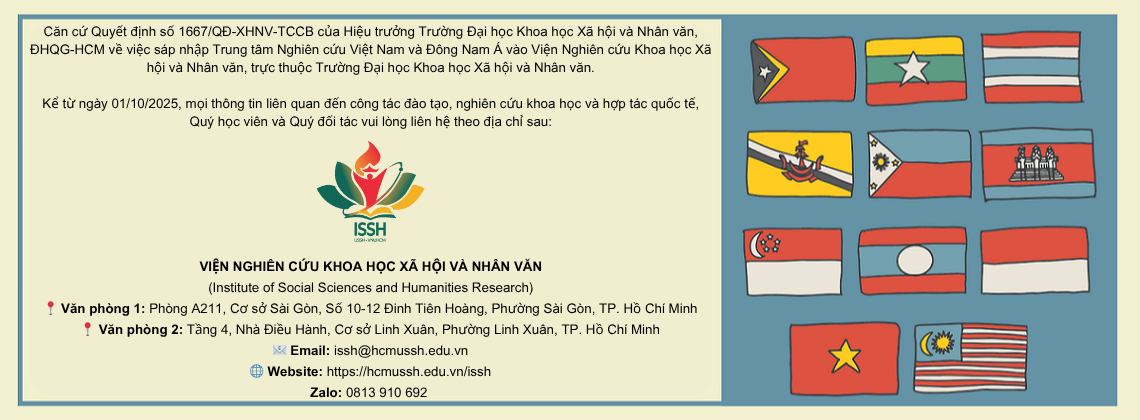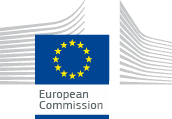SEMINAR ON THE INCLUSIVE SOCIETY IN VIETNAM BY Dr. UWANO TOSHIYUKI FROM UNIVERSITY OF TOKYO
, 29/01/2016 10:01
The Center for Vietnamese and Southeast Asian Studies cooperated with the Department of Social Works to conduct a seminar titled “The Inclusive Society in Vietnam from a View of Accessibility”, presented by Dr. Uwano Toshiyuki from the University of Tokyo.
The seminar was held twice at both the two campuses of the HCMC University of Social Sciences and Humanities, first at the Dinh Tien Hoang campus on the morning of 30 March and then at the Thu Duc campus on the morning of 1 April. Attendees included Dr. Tran Dinh Lam, Prof. Grace Mishler, Assoc. Prof. Do Hanh Nga, Prof. Peggy McFarland, Punbright scholars, lecturers, staff and numerous students, especially those from the Department of Social Works.
Dr. Tran Dinh Lam, Prof. Grace Mishler, Assoc. Prof. Do Hanh Nga, Prof. Peggy McFarland,
Punbright scholars, and lecturers from the Department of Social Works.
To begin with, Dr. Uwano helped everyone better understand the concept of “accessibility and inclusive society”. Accessibility meant the disabled were able to use public services, means of transportation, information technology, culture service, sport service, tourist service and other appropriate services to integrate into their community, improving their ability to participate in society via activities such as working, studying, health-checking or going out on their own to enjoy a better life.
According to Dr. Uwano, accessibility in developed countries is considered as the relationship between a trio of the disabled, the government and the enterprises. Thanks to public influence, we are able to build up a society with accessibility. In terms of economics, enterprises do not want to invest in such a system of accessibility because only serving a group of the disabled would mean a waste. However, when society changes and people gradually understand the meaning of accessibility, investing in public transportation for the disabled to access becomes prevalent. As a result, accessibility will turn out to serve the whole community and become a benefit for the disabled. The government has to introduce regulations on accessibility, requesting enterprises to implement it despite its costliness.
.jpg)
Students from Department of Social Works took picture with Dr. Uwano.
In order to offer people a clearer sense of the current accessibility, Dr. Uwano made a comparison between Bangkok, Taiwan and Vietnam about the welcome of accessibility to help the disabled integrate into society more easily. In developed countries, thanks to the benefits for the disabled and the model of social accessibility, this system can be materialized. In Vietnam, though the economic conditions are still very poor and accessibility has yet to widespread, people have gradually been aware of it. In particular, in 2008, buses designed with an accessibility system appeared for the first time in Hanoi and in 2000, there came the law of Accessibility for the disabled.
.jpg)
To end his presentation, Dr. Uwano shared about the prospect of accessibility and the feasible policies in Vietnam, believing that Vietnam would become an inclusive society where people fully understand the issue.
His viewpoints about an inclusive society in Vietnam were widely welcomed by lecturers, staff and students in and out of the Department of Social Works. In his talk with students, Dr. Uwano was very impressed by their agility, dynamics and awareness of accessibility. He also held high hopes for Vietnam’s development thanks to the future contribution of this young generation.














